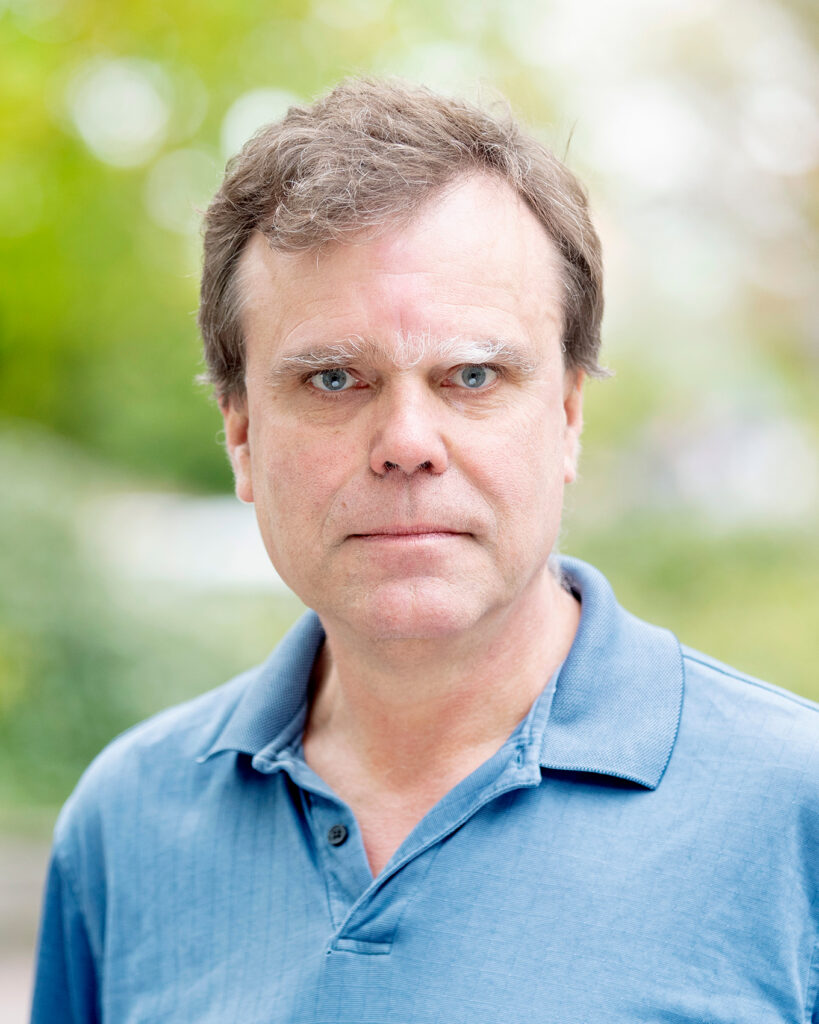THIS WEBSITE USES COOKIES
We use cookies to personalise content, to provide social media features, and to analyse our traffic. By choosing 'allow all cookies', you consent to our cookies.
To find out more, read our privacy policy and cookie policy.
A Horizon Europe Marie Skłodowska-Curie Actions Doctoral Network funded under the HORIZON-MSCA-2024-DN-01 call

Negative ions are present in many natural environments, and they are used in a wide range of modern applications. Their unique properties make them ideal quantum systems for benchmarking state-of-the-art theories in atomic and molecular physics and chemistry. PANIONS aims to substantially advance our understanding of negative ions beyond the state of the art, from atomic to cosmic scales, and to bridge the gap between fundamental science and applications. The project started on 1 January 2026 and will run for 48 months until 31 December 2029.

PANIONS is coordinated by Prof. Dag Hanstorp from the University of Gothenburg Department of Physics. The Doctoral Network will train 14 Doctoral Candidates (DCs) across 11 host institutions in Europe in a variety of fields, with negative ions as the common denominator. Students enrolled in the programme will acquire a comprehensive skill set relevant to virtually any area of advanced science and technology, preparing them for future careers in academia and industry.




























Applications must be submitted via the application portal. On the application portal and on euraxess, you will find full details on the available positions, eligibility criteria, and the application process. A summary of each position (project title, host country and institution, planned collaborations and availability) is shown below.
Host country: Switzerland;
Host beneficiary: CERN
PhD-awarding institution: University of Gothenburg
Planned collaborations (secondments): Artemis Analytical Ltd., University of Gothenburg.
Host country: Sweden
Host beneficiary: University of Gothenburg
PhD-awarding institution: University of Gothenburg
Planned collaborations (secondments): University of Stockholm, Hubner Photonics GmbH & Co. KG, CERN.
Host country: The Netherlands
Host beneficiary: University of Groningen
PhD-awarding institution: University of Groningen
Planned collaborations (secondments): Comenius University Bratislava, Q-Chem, Inc.
Host country: Germany
Host beneficiary: Justus Liebig Universität Gießen
PhD-awarding institution: Justus Liebig Universität Gießen
Planned collaborations (secondments): Stockholm University, ArianeGroup GmbH.
Host country: Sweden
Host beneficiary: Stockholm University
PhD-awarding institution: Stockholm University
Planned collaborations (secondments): Justus Liebig Universität Giessen, COMSOL AB.
Host country: Slovakia
Host beneficiary: Comenius University Bratislava
PhD-awarding institution: Comenius University Bratislava
Planned collaborations (secondments); Radboud University, Q-Chem, Inc.
Host country: Germany
Host beneficiary: Max Planck Gesellschaft
PhD-awarding institution: Ruprecht-Karls-Universität Heidelberg
Planned collaborations (secondments): The Hebrew University of Jerusalem, Stockholm University, MRC Systems GmbH.
Host country: The Netherlands
Host beneficiary: Radboud University
PhD-awarding institution: Radboud University
Planned collaborations (secondments): Comenius University Bratislava, MRC Systems GmbH/ Max Planck Gesellschaft.
Host country:Israel
Host beneficiary: The Hebrew University of Jerusalem
PhD-awarding institution: The Hebrew University of Jerusalem
Planned collaborations (secondments): Stockholm University and Q-Art
Host country: Sweden
Host beneficiary: Stockholm University
PhD-awarding institution: Stockholm University
Planned collaborations (secondments): Max Planck Gesellschaft Heidelberg, BLUEWAVE Microsystems AB.
Host country: Austria
Host beneficiary: University of Vienna
PhD-awarding institution; University of Vienna
Planned collaborations (secondments): Comenius University Bratislava, University of Gothenburg, Hubner Photonics GmbH & Co. KG.
Host country: Germany;
Host beneficiary: Max Planck Gesellschaft
PhD-awarding institution: University of Augsburg
Planned collaborations (secondments): CERN, Dehnel – Particle Accelerator Components & Engineering, Inc.
Host country; Israel
Host beneficiary: The Hebrew University of Jerusalem
PhD-awarding institution: The Hebrew University of Jerusalem
Planned collaborations (secondments): University of Vienna, Q-Chem, Inc.
Host country: Sweden
Host beneficiary: Swedish Institute of Space Physics
PhD-awarding institution: University of Umeå
Planned collaborations (secondments): Stockholm University, Artemis Analytical Ltd.